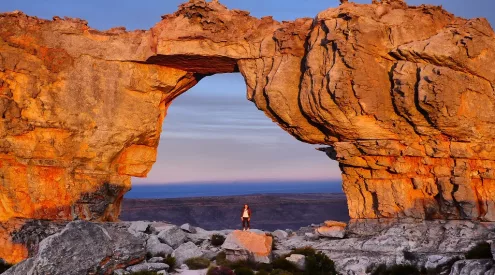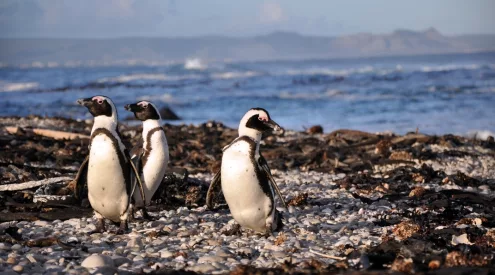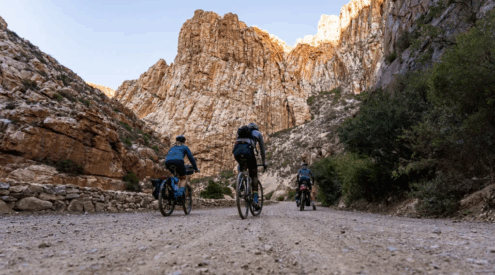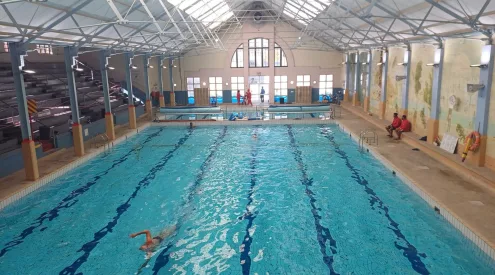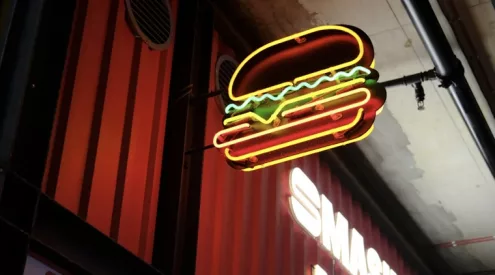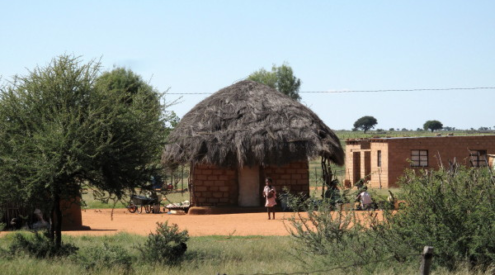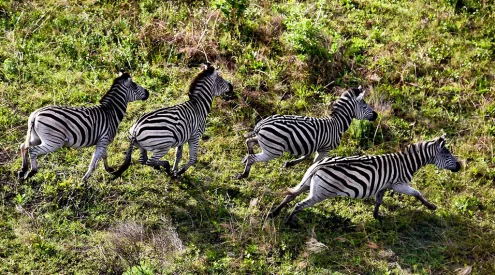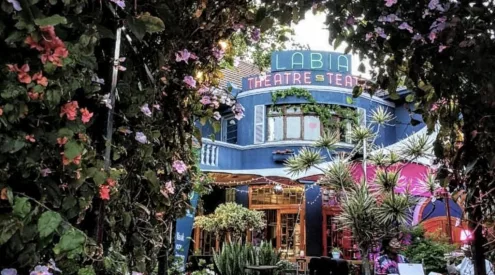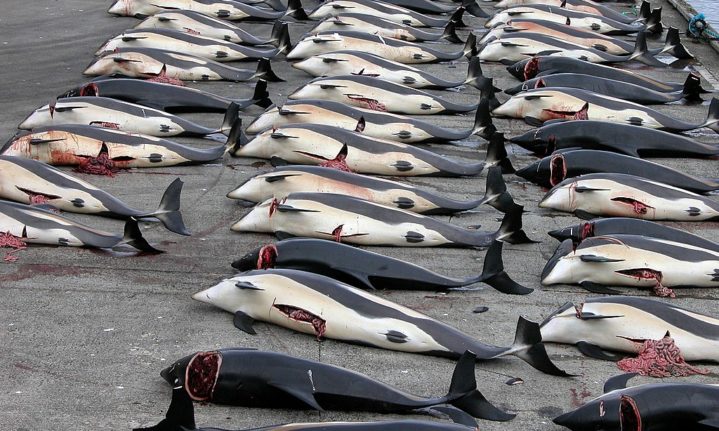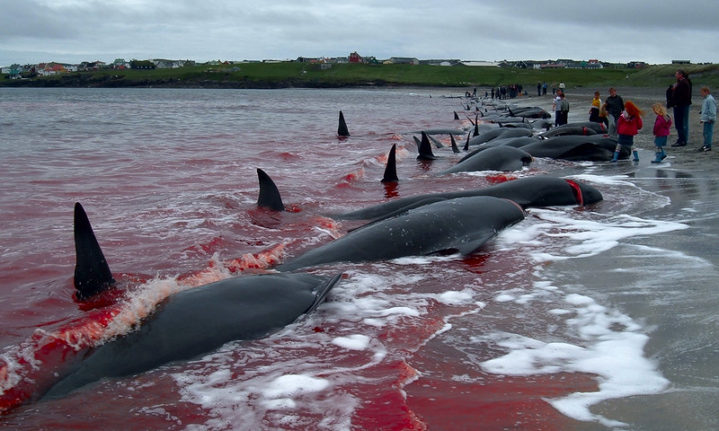Warning: Graphic imagery
Every year on the Faroe Islands, many locals take part in a tradition said to go back 1,000 years, where a pod of dolphins is herded into a bay before being slaughtered by hand. This year, on 12 September 2020, a total of 1,428 dolphins were slaughtered, which Sea Shepard believes to be the largest single hunt in Faroese history.
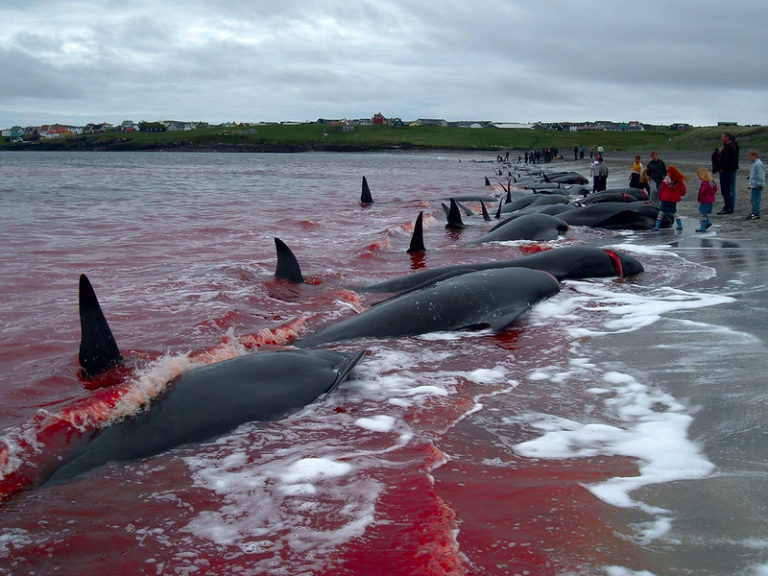
During the Grind, the bay turns blood red from the slaughter. Picture: Jan Egil Kristiansen/ Flickr Commons
The long-standing tradition known as the ‘grind’ by locals, can happen at any time when someone spots a pod of whales or dolphins that are not endangered. The community then alerts the so-called ‘grind-master,’ who starts the hunt along with other locals.
Using powerboats and jet skis, the animals are herded into one of 26 bays. Once ashore, the animals are slaughtered by hand and the water runs red as dozens are killed, and families and children gather to watch.
The grind is a significant tradition for the Faroese people, attracting many spectators and meat from the catch traditionally shared among participating families.
The Sea Shepherd group has been opposing the grind since the 1980s, petitioning for years to bring an end to this tradition. Captain Alex Cornelissen, the global chief executive of Sea Shepherd, told The Guardian that it is ‘absolutely appalling to see an attack on nature of this scale in the Faroe Islands’.
Kate Sanderson, who advises the Faroese government on responsible hunting, told the BBC that: ‘Sure, it’s a tradition but it’s a form of food production,’ she adds. ‘It’s a local resource. It’s part of the diet. It’s not a sport. It’s a way of getting food for the family.’
Participants in the grind have to take a two-hour course to receive a license from a veterinarian. This is so can learn how to use the specially-designed spinal lance to cut the spinal cord of the whale or dolphin so that they will be paralysed.
‘But it is a slaughter of wild animals in an uncontrolled environment, so it’s never going to be completely clinical like it might be in a slaughterhouse,’ Sanderson said.
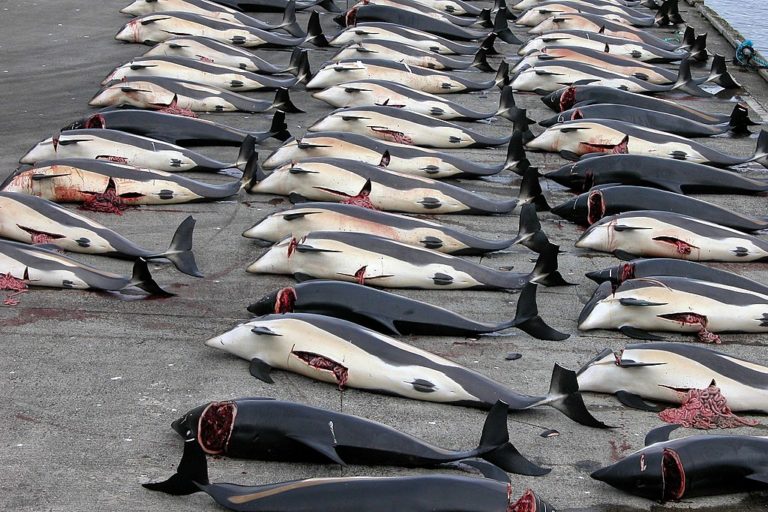
Picture: Erik Christensen/ Wikimedia Commons
The most recent grind, however, had even the staunchest defenders of the tradition condemning the hint as ‘cruel and unnecessary.’ 1,428 Atlantic White-Sided dolphins were driven for many hours and around 45 km and were left writhing for hours before being killed.
Chair of the local Grind hunting association, Heri Peterson told The Guardian that far too many dolphins were herded into the bay with too few people waiting on the beach, prolonging their agony
‘I’m appalled at what happened,’ commented Peterson, ‘The dolphins lay on the beach writhing for far too long before they were killed.’
ALSO READ,
Researchers appeal to public for information on orca sightings in South Africa
Featured image: Atlantic White-Sided Dolphin sourced from Wikimedia Commons

